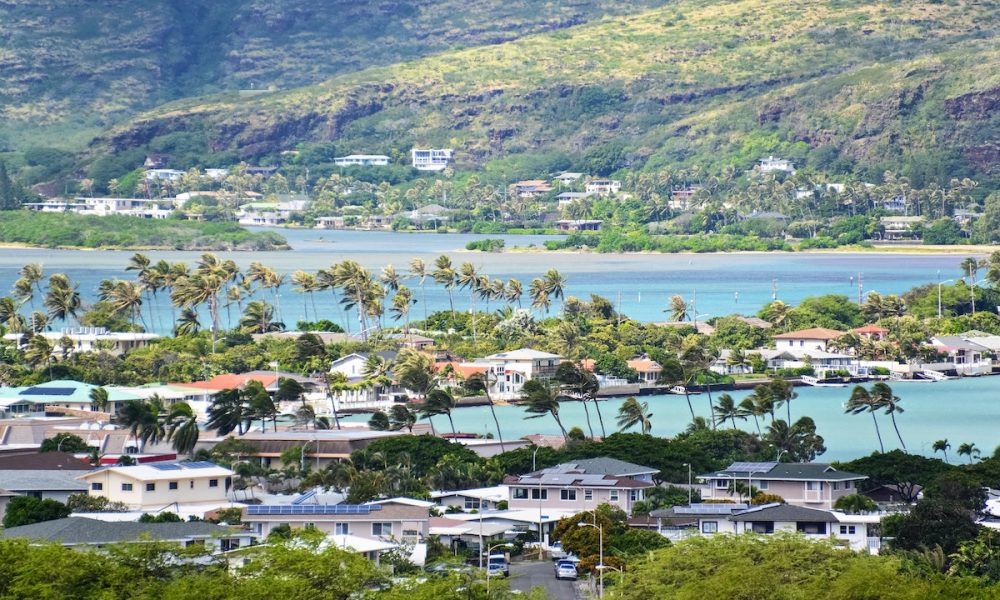
The Hawaii Legal Short-Term Rental Alliance (HILSTRA) has filed a federal lawsuit against the City and County of Honolulu, the Honolulu Department of Planning and Permitting (DPP), and DPP Director Dean Uchida in response to the county’s recently passed Bill 41.
In April, Honolulu City Council passed Bill 41 (Ordinance 22-7), a measure that effectively bans vacation rentals across the island of Oahu by changing the definition of a short-term rental from 30 to 90 days and prohibiting both whole-home rentals (called Transient Vacation Units) and properties in which the owner lives on-site outside of certain resort zones, except for those with nonconforming use certificates issued in the 80s.
HILSTRA’s position statement states the county made “unlawful changes to the Land Use Ordinance by changing the definition of a Transient Vacation Unit from 30 to 90 days without creating any protection for property owners’ continued lawful use of their property.”
The statement elaborates:
The Hawaii and Federal constitutions protect a pre-existing lawful use as a vested property right, which means it can’t be taken away without due process of law. Specifically, H.R.S. Section 46-4(a) prohibits counties from using their zoning powers to adopt ordinances that prohibit “the continued lawful use” of a purpose for which the property was used when the ordinance was adopted.
Bill 41 may also be unconstitutional under Section 20 of the Hawaii Constitution, which prohibits “damage” to property value and use without just compensation. Bill 41 enacts a near-ban on home rentals offering stays between 30 and 90 days – a property use that is currently allowed by right in all zones.
“This law does not only effectively take away a pre-existing legal use from homeowners across Oahu, but it also sets a dangerous precedent for property rights legislation on other Hawaiian islands and across the country,” said Andreea Grigore, president of HILSTRA and CEO of Elite Pacific Vacations. “Ordinance 22-7 harms owners, property managers, concierges, travel agents, chefs, house cleaners, the entire ecosystem surrounding vacation rentals, and thousands of small business owners who rely on tourism for a portion of their business. Everyone needs to come together and support this legal action to ensure the protection of pre-existing lawful uses both on Oahu and elsewhere.”
HILSTRA’S attorney, Greg Kugle of Damon Key Leong Kupchak Hastert, has successfully litigated to protect such rights before following the passage of Bill 89 (Ordinance 19-18) in 2019, which, among other provisions, would have required minimum stays of 30 days. In what is referred to as the Kokua Stipulation, the court agreed that the way the bill was written, operators were allowed to rent a maximum of once in 30 days, but guests were not required to occupy the property for 30 days.
Visit hilstra.org/donate for instructions on how to contribute to legal efforts financially. HILSTRA is sharing public updates on its Facebook page and a public FAQ and is fielding questions about the lawsuit via info@hilstra.org.
Photo courtesy Jeremy Bezanger













RSS